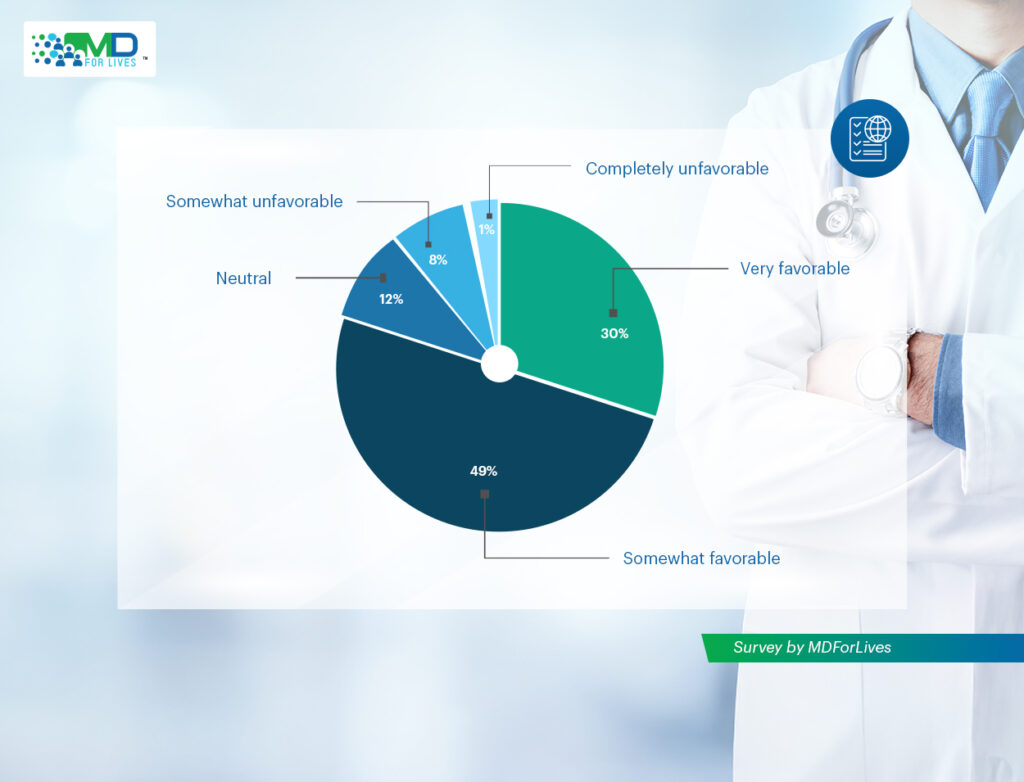Primary care is under strain like never before. General physicians are facing mounting challenges, ranging from long working hours and administrative overload to shorter patient interactions, and an increasing sense of professional burnout. Many feel they are being pulled away from what originally drew them to medicine – the opportunity to build meaningful relationships with patients and deliver thoughtful, continuous care. Instead, the system now often demands speed, efficiency, and volume, leaving less room for personalized attention and patient-centered decision-making.
In response to these pressures, a new patient care model is gaining momentum – concierge care, also known as subscription-based healthcare model. Under this approach, patients pay a recurring fee in exchange for enhanced access to their physician, longer appointment times, direct communication channels, and a more personalized healthcare experience. Proponents argue that this model can significantly improve both physician satisfaction and patient outcomes by allowing more time, flexibility, and autonomy in clinical care. But do general physicians across countries think the same?
Well, to understand what general physicians have to say about concierge care models, MDForLives has conducted a survey across the globe. This survey revealed complex insights into many facets – starting from whether they are aware of the concept to whether they would embrace it, and a lot more!
First Things First, Are GPs Familiar with a Concierge Care Model?
When asked about their familiarity with concierge model, most general physicians reported an elevated level of awareness.

Among the 4000 respondents, 63% stated they were aware of the model but were not currently practicing it, while 19% said they were already implementing it in their practice. An additional 14% had heard of the model but did not know much about it, and only 4% were entirely unfamiliar.
Takeaway: These figures suggest concierge care has moved well beyond a niche concept and is now on the radar for most primary care providers.
While only 19% currently practice this model, the fact that over 60% are aware of it points towards a growing interest and openness among general physicians. This level of familiarity indicates that many are evaluating the model’s potential benefits, such as improved physician autonomy, more meaningful patient interactions, and reduced administrative burden.
But at a broader level, this growing awareness reveals a moment of transformation in the way primary care may be delivered in the future. For healthcare stakeholders (policy leaders, systems administrators, and payers) this presents a valuable opportunity to initiate structured dialogue with physicians, provide education on alternative care delivery models, and design frameworks that support ethical, sustainable adoption.
What Do General Physicians Really Think About Concierge Care Model?
Concierge care seems to strike a chord with most general physicians when enhancing the quality of their professional lives. 30% rated the model as “very favorable,” citing improved work-life balance and stronger physician-patient relationships as key benefits. These responses suggest that many clinicians view the model as a welcome alternative to the time constraints and administrative overload that often define traditional practice settings.

Another 49% described their view as “somewhat favorable,” acknowledging the model’s potential, but also noting that it brings practical and ethical complexities ranging from implementation challenges to concerns about long-term sustainability. This broader group reflects cautious optimism. They see value in concierge care but remain mindful of the trade-offs.
However, a combined 9% expressed unfavorable views, citing misalignment with the foundational values of primary care, such as accessibility and equity.
Takeaway: These insights highlight an important call to action for the healthcare system. While the concierge care model shows clear potential to improve physician satisfaction, it must not come at the cost of core values such as accessibility, equity, and ethical responsibility.
As interest in subscription-based healthcare models continues to grow, there is a pressing need for healthcare leaders to develop frameworks that allow for innovation in care delivery without widening the gap for underserved populations. Which means, there is a need for creating hybrid or flexible models that retain the relational and clinical benefits of concierge care while ensuring affordability, continuity, and access for all patient groups.
Only by addressing both physician needs and systemic equity can concierge care evolve into a truly sustainable and ethically sound component of the future primary care ecosystem.
Top Concerns Around Concierge Care Expansion
Despite the growing interest in subscription-based healthcare model, many general physicians remain cautious about its broader implications, particularly in terms of access and equity.
The most cited concern (32%) was reduced accessibility for low-income or underserved populations. This raises alarm over a potential deepening of healthcare disparities. Closely following, 28% of respondents pointed to ethical concerns, especially regarding fairness and inclusivity in care delivery.

Beyond equity, 18% worried that the concierge model might foster unrealistic patient expectations, potentially straining physician-patient relationships. Financial sustainability also surfaced as a practical issue, with 16% believing concierge care may not be viable for smaller practices without substantial support.
However, interestingly, only 6% reported no major concerns, suggesting that while the model may offer professional advantages, its expansion must be carefully navigated. The reason – to avoid reinforcing systemic imbalances in healthcare access.
Takeaway: The findings underscore a critical message for healthcare systems and policymakers. While concierge care may enhance the quality of care and physician well-being, its implementation must be approached with caution and conscience.
Rather than viewing concierge care as a replacement for traditional models, it should be explored as a complementary pathway, one that balances personalized service with systemic fairness.
Lastly, Are General Physicians Keen on Transitioning to a Concierge Care Model?
Now that we know what general physicians think of this subscription-based healthcare model (both its capabilities and concerns), it is time to know whether they are willing to transition to this care model or not. The insights are varied.

22% of general physicians stated they are already actively exploring or planning such a move. Another 56% said they would only shift if the model proved to be sustainable. This majority signals a growing willingness among clinicians to reimagine how care is delivered, especially if it can ease workload pressures and enhance patient relationships.
But here’s the catch – not everyone feels convinced yet. While 17% prefer sticking to traditional or hybrid models, 5% firmly believe that concierge model conflicts with the principles of primary care.
Takeaway: Healthcare leaders should recognize the strong interest among general physicians in exploring concierge care. With over three-quarters of respondents open to or actively considering this shift, the message is clear – physicians are seeking models that offer better sustainability, autonomy, and patient connection.
However, successful adoption will depend on designing systems that preserve the core tenets of primary care, while addressing provider burnout and administrative overload. Leaders must support pilots, offer clear frameworks, and ensure that innovations in care delivery don’t come at the cost of inclusivity.
Final Thoughts
The path forward is not binary. It cannot be a simple choice between adoption or rejection. For concierge care models to evolve from niche to norm, healthcare systems must commit to actively co-creating models that are both innovative and inclusive. This means designing frameworks that preserve the benefits of personalized care while ensuring they remain ethically grounded and accessible to all segments of the population.
Only through this deliberate and thoughtful integration can we answer the central question: is concierge care a revolution worth scaling, or a risk the healthcare system cannot afford to take?

MDForLives is a global healthcare intelligence platform where real-world perspectives are transformed into validated insights. We bring together diverse healthcare experiences to discover, share, and shape the future of healthcare through data-backed understanding.








